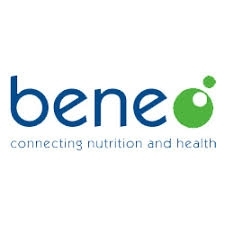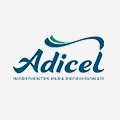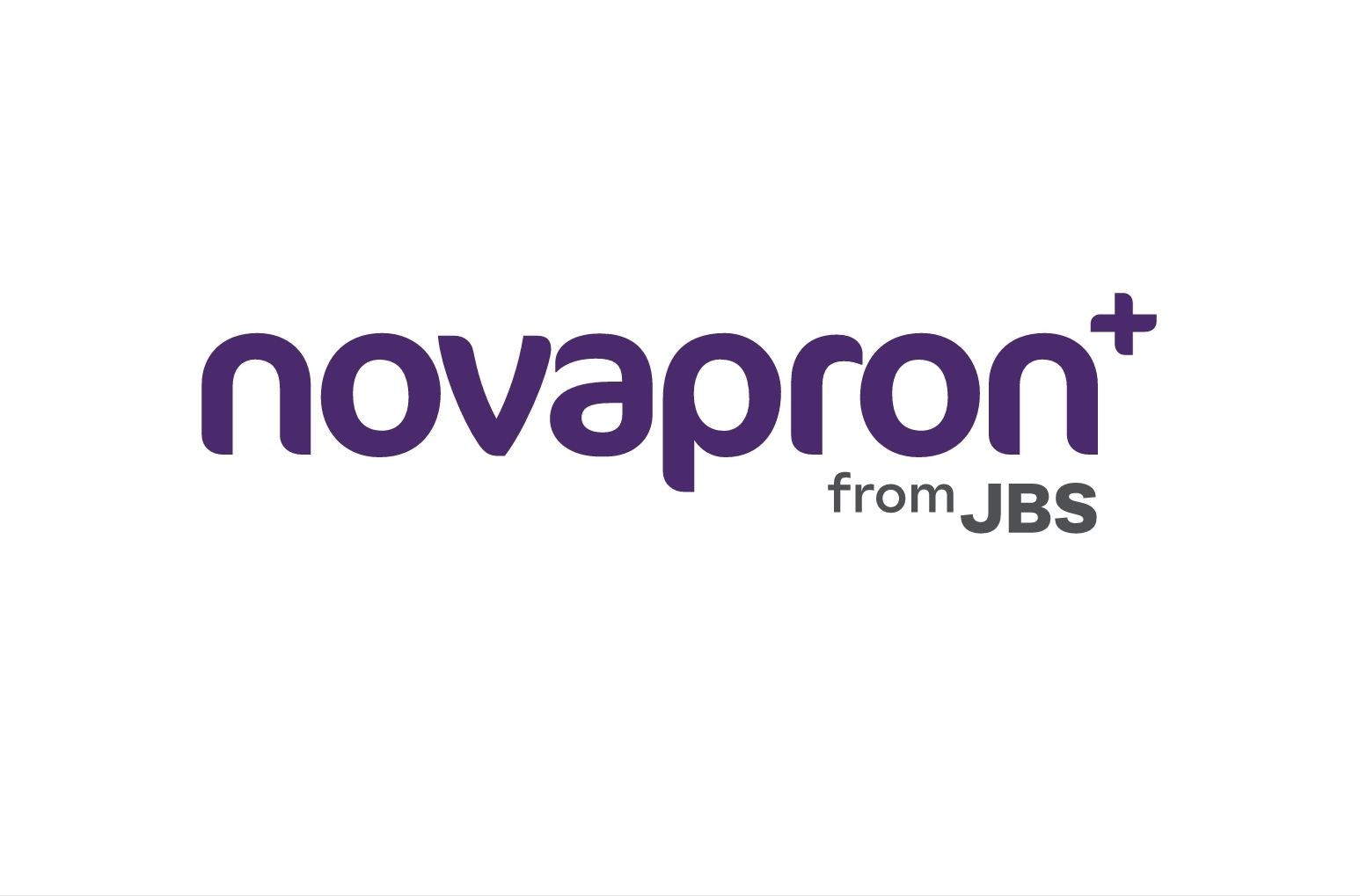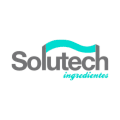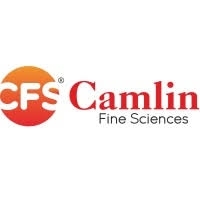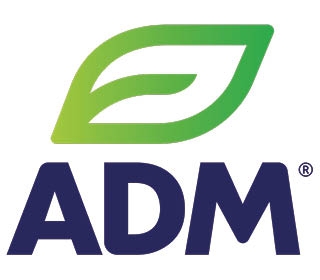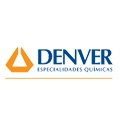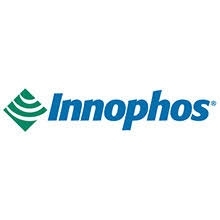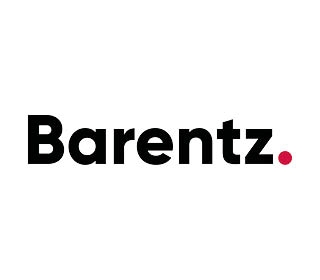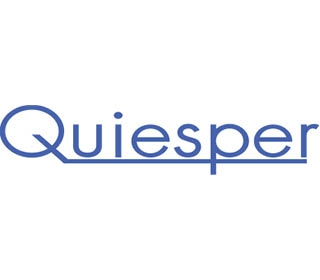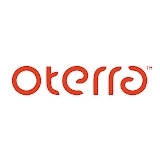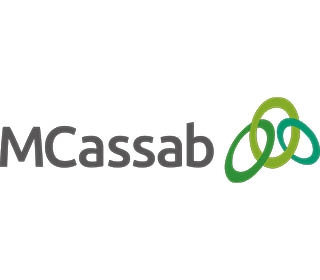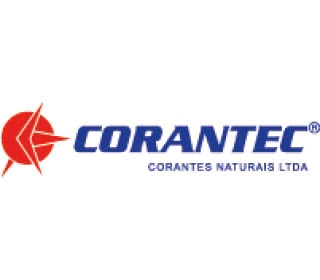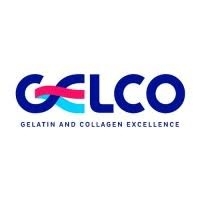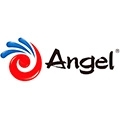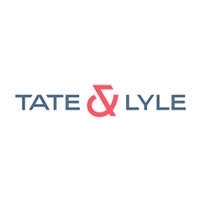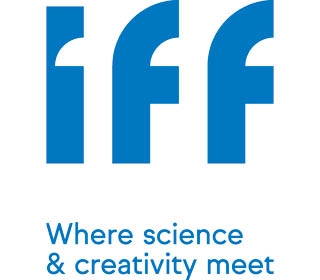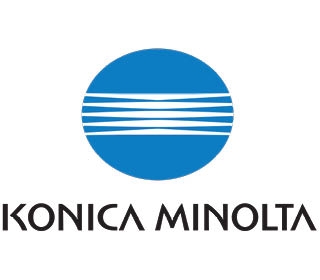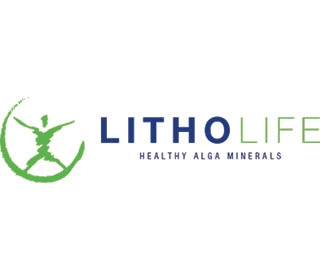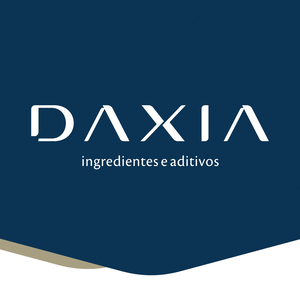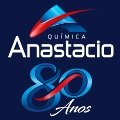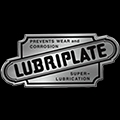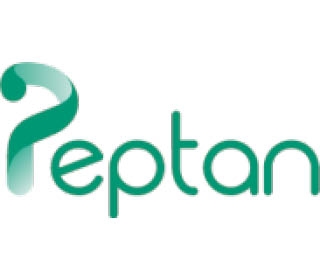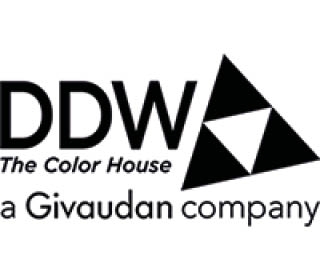“Supercooling” for fresh dairy: Arla launches natural, no preservative dairy transport solution
Major European dairy cooperative Arla Foods (Arla) has come up with a new way to transport fresh dairy that is touted as innovative, natural and preservative-free. To reach international markets, European fresh dairy products were frozen and flown to the corresponding countries, but Arla’s supercooling tool enables fresh products to travel long distances on ships. The new technology allows Arla to transport its products internationally and create global growth and export opportunities.
“An easy and well-known way to distribute foods to distant markets is freezing and flying but this destroys the quality of some of our products. We’re seeing more and more markets requesting chilled, fresh-tasting and natural products rather than frozen products that require defrosting or products with preservatives. Our new, innovative cooling tool overcomes this challenge, creating possibilities to expand our product portfolio globally,” says Lars Dalsgaard, Senior Vice President, Product and Innovation at Arla.
Arla’s supercooling method is the newest addition to a streak of innovative technologies that the company is using to optimize its processes. Previously Arla developed an artificial intelligence (AI) tool to better predict its milk intake from farms. The move allows up to 200 million kilos of milk to be utilized more efficiently each year through predictions of how much milk 1.5 million cows will produce in the future, elevating value chain sustainability.
In addition, the company is trialing 3D imagery systems to identify changes in physical wellbeing, mobility and weight in cows. The use of visual monitoring, data recording and AI to assist in managing cow welfare is expected to remove human subjectivity.
The new technology allows Arla to transport its products internationally and create global growth and export opportunities.Every year, Arla exports more than one billion kilos of products based on milk from the company’s 10,300 farmer-owners from across Northern Europe to international markets as far afield as Asia, the US and Australia. The dairy player is investigating the properties of each individual dairy product and understanding the conditions it will encounter during the journey from a European cow to an Asian consumer. These in-depth studies could help the company to identify which factors affect product quality during transportation.
“We have found that the relationship between time and advanced cooling is one of the keys to unlocking portfolio limitations in markets outside of Europe. Controlling these variables enables us to put the product into hibernation mode, or ‘to sleep, a bit like Sleeping Beauty, and deliver it fresh and in top quality at its arrival,” explains Dalsgaard.
Reaching further afield
The new transportation technology coincides with Arla expanding the range of its Castello cheeses in Australia. Given the country’s geographical location and distance from Denmark, where a large proportion of the Castello range is produced, it’s proved a challenge to bring some of the brand’s short shelf-life products to market because they can’t be frozen.
Recently, the first shipment of supercooled Castello Decorated Cream Cheeses docked in Australia, having been stored in special containers under supercooled conditions.
“Supercooling has been instrumental for the launch of Castello Decorated Cream Cheeses, but this is just the beginning,” says Rucha Sarma, Brand Manager for Castello in Australia.
Arla notes that the new process can unlock significant growth opportunities by bringing a broader portfolio of short shelf-life products to markets.
“This may sound simple, but achieving the extremely precise time versus temperature balance, which supercooling requires, demands unwavering persistence and passionate focus from our innovation team. In close collaboration with supply chain, logistics and local markets, Arla is reaching this goal,” says Dalsgaard.
The new tool is currently being tested on a range of different fresh dairy products from milk and yogurt to cheeses.



